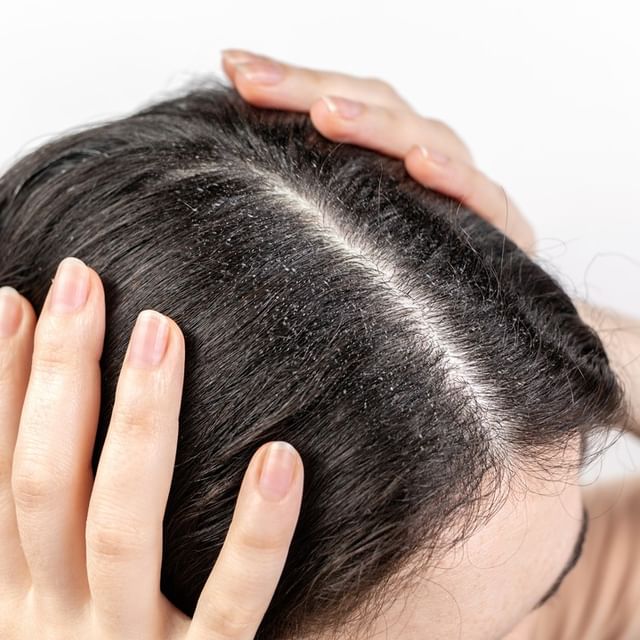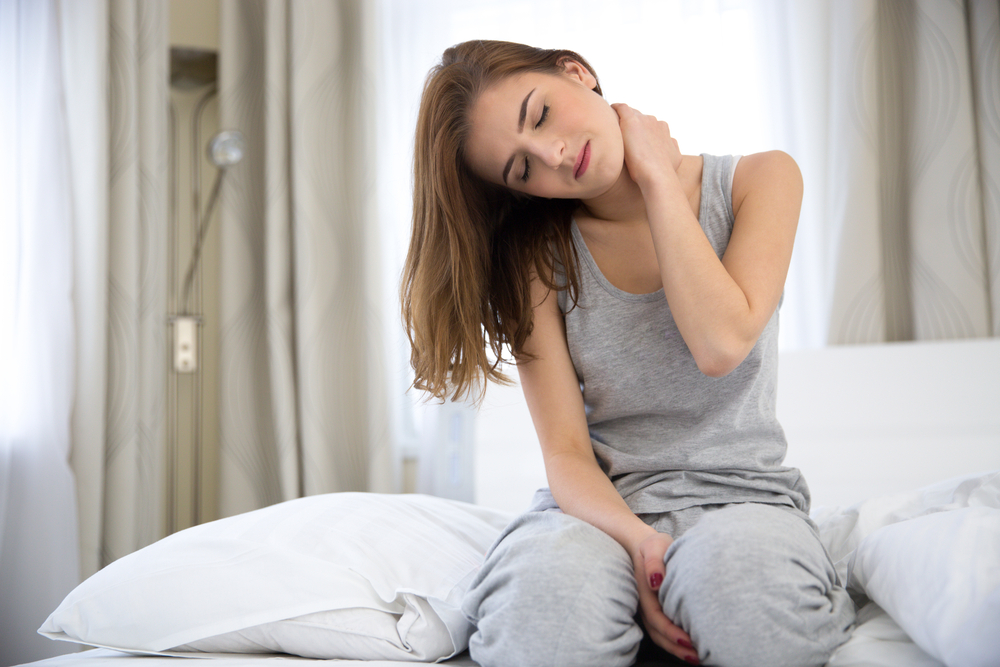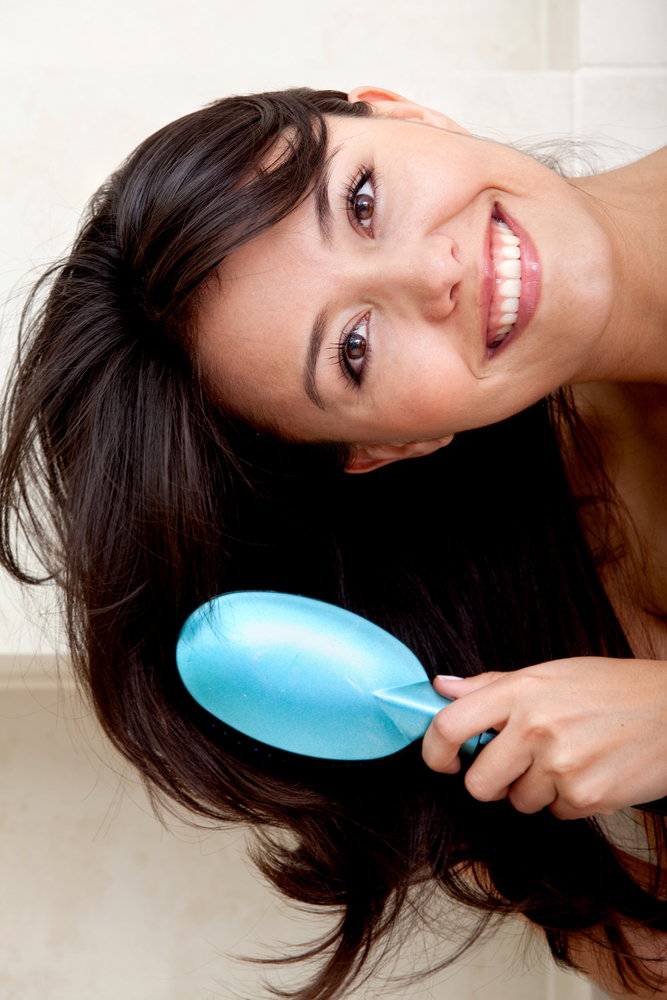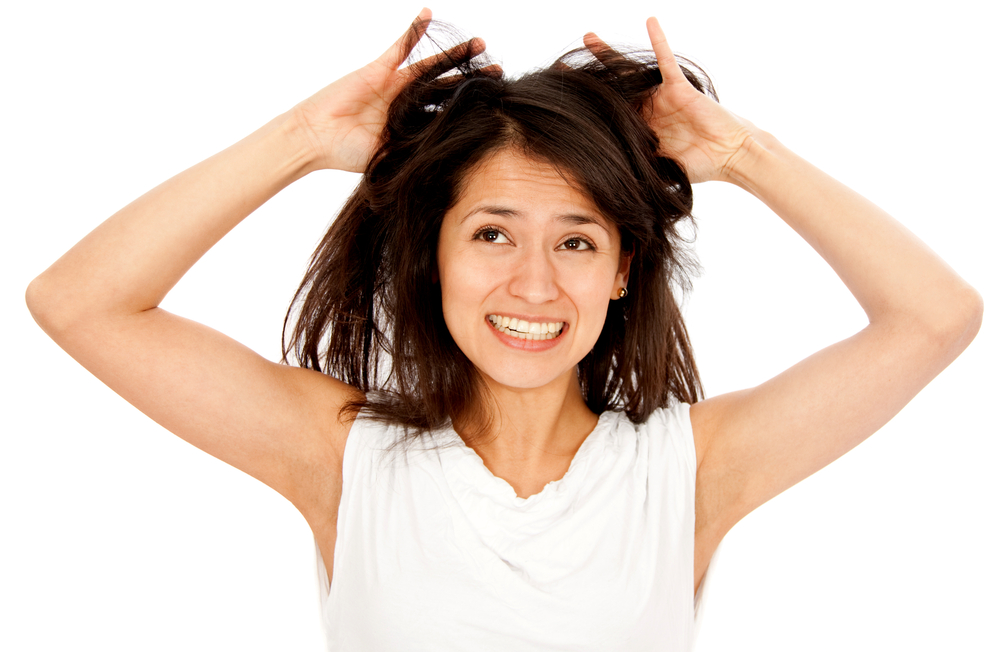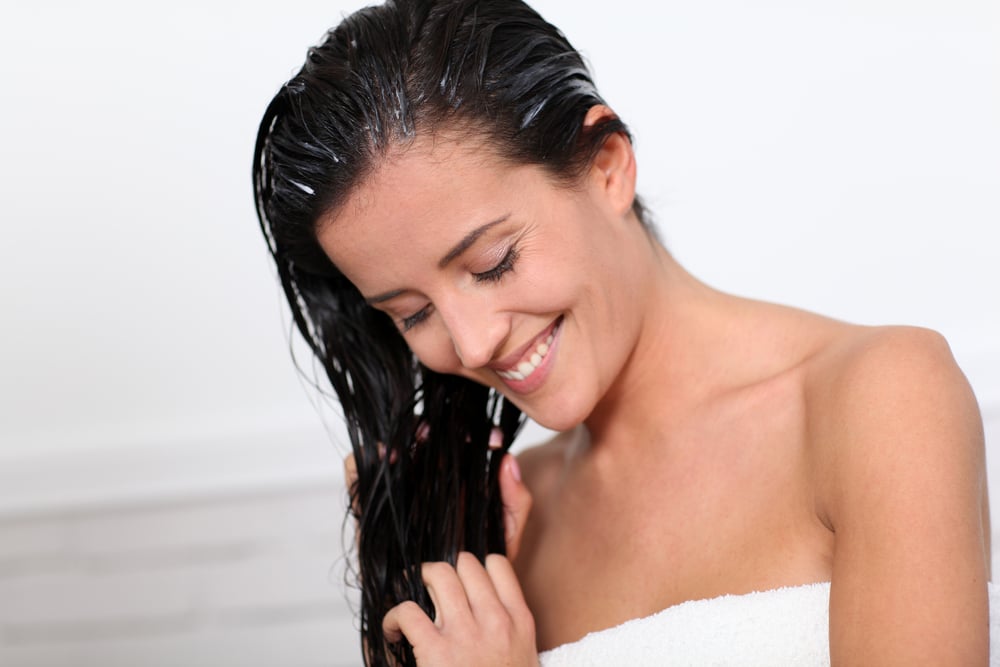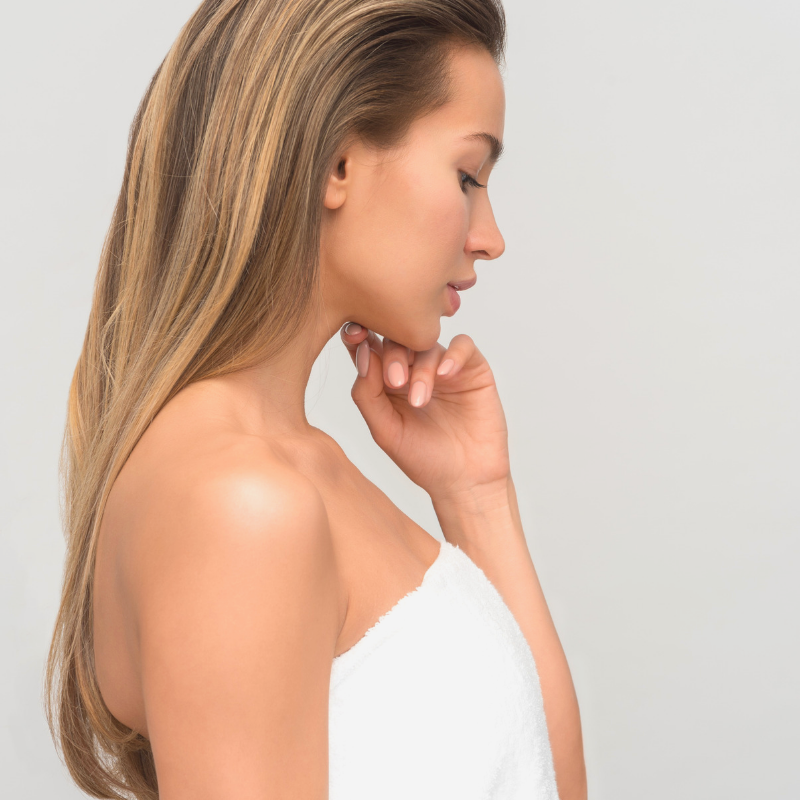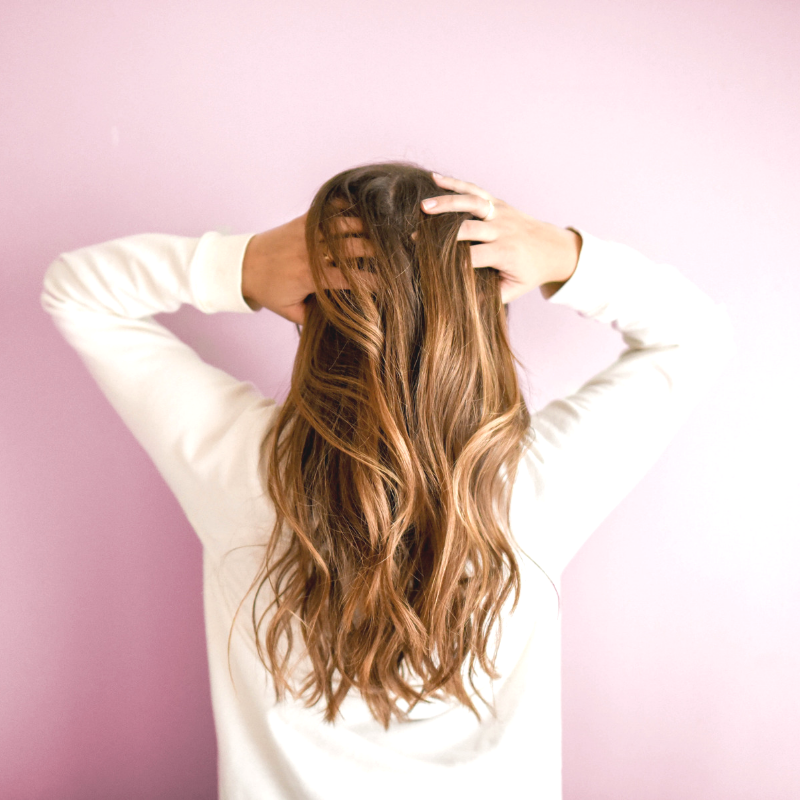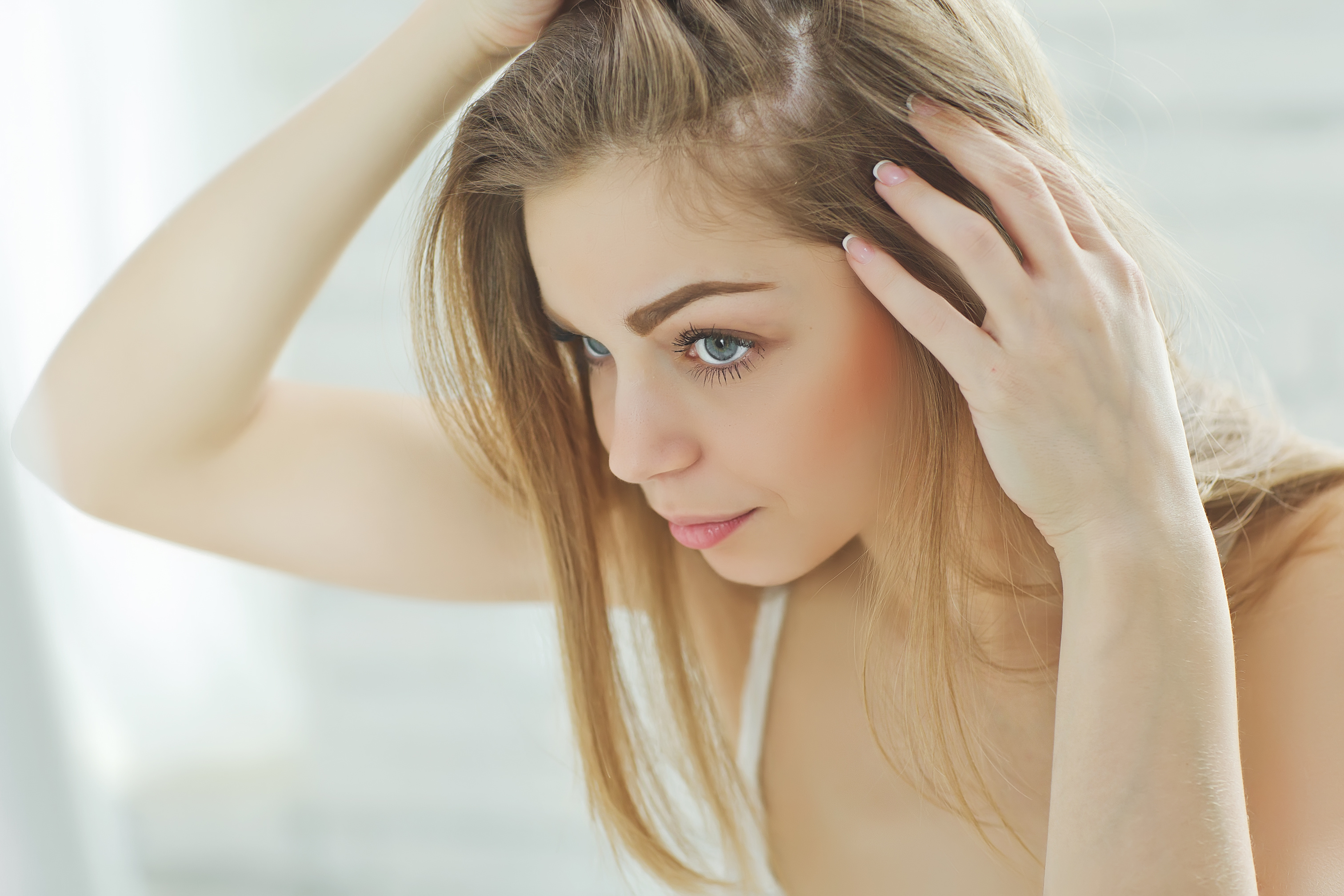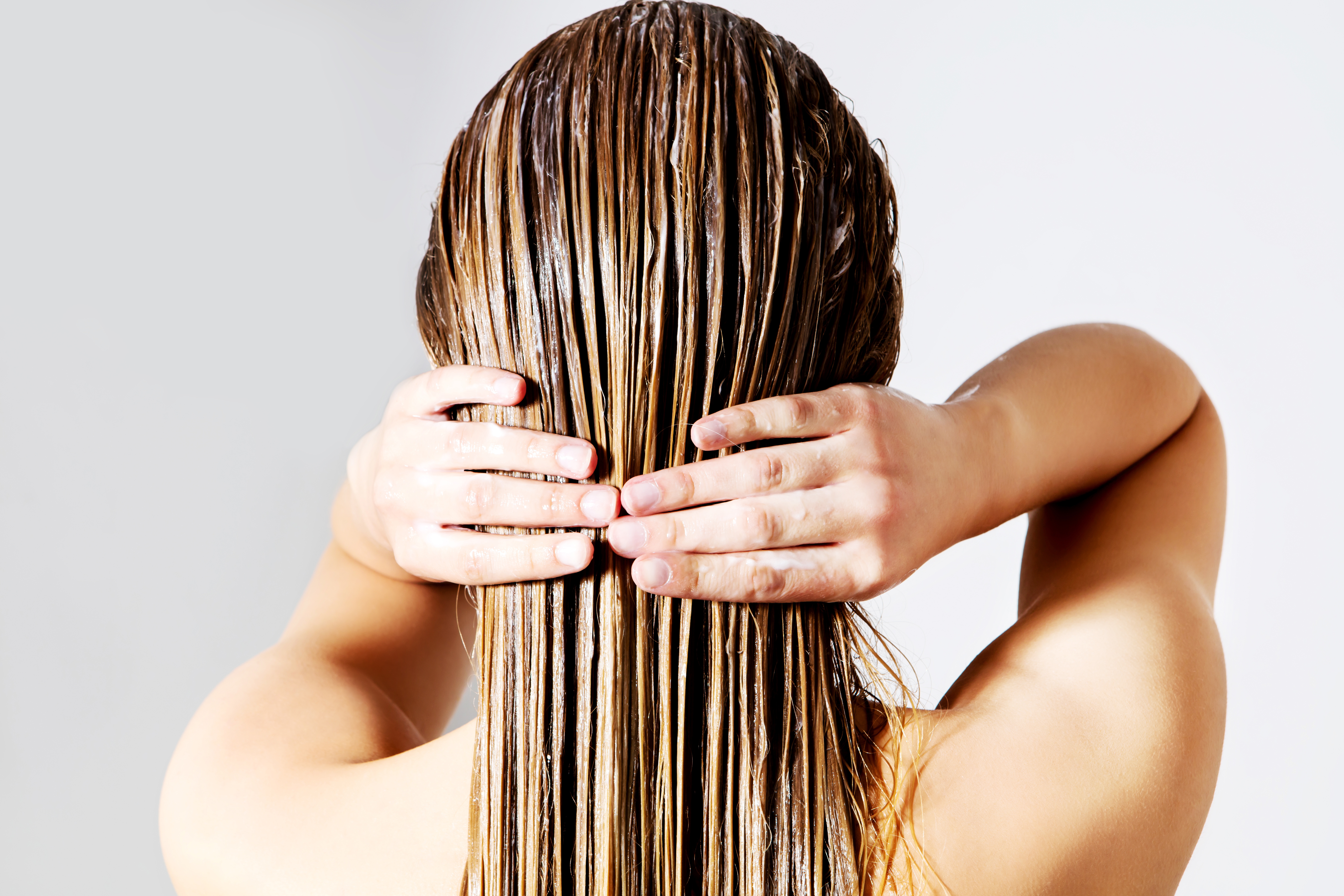Are you one of the 1 in 5 people who experience dandruff in winter? Ever wondered why it rears its head more so in the cooler months?
The combination of dry air and warm indoor conditions can often lead to dry scalp flaking. Combine this with excess oils and this can lead to dead cell build-up on the scalp. Enter Malassezia fungus. This is a healthy scalp fungus which feeds on this dead cell build-up. As the build-up increases, this can lead to a Malassezia fungal overgrowth commonly known as dandruff.
Step 1: Avoid Scalp Dryness
With dry skin cells being the precursor for dandruff, tackling flaking is essential. To reduce dead cell matter, shampooing the scalp regularly is essential. By creating a thick foamy lather, a thorough shampoo can effectively reduce flaking and remove redundant skin cells with just two washes per week. Look for natural cleansing ingredients rather than chemical based products which can lead to and exacerbate further dry scalp conditions.
Step 2: Reduce Excess Oil
An abundance of excess sebum on the scalp combined with dead cell matter is what causes dandruff to remain on the scalp. It essentially creates a glue-like texture which leads to clumping, discolouration and resistance to removal methods.
A pH balanced shampoo with a gentle yet effective natural formula can detach dead cell matter from the scalp. Ingredients such as Sodium PCA will target build up and dissolve the bond between dandruff and scalp without causing dryness and irritation.
Step 3: Tackle Malassezia Fungus
Malasezzia fungus must be treated at the source. The good news is this can be achieved with natural ingredients such as Climbazole. Climbazole is a natural anti-fungal agent which can be used daily without compromising the scalp or hair shaft.
Anti-fungals inhibit fungal cells from multiplying and prevents overgrowth from recurring when used as a maintenance treatment. Natural anti-fungal based shampoos are a gentle alternative to commercial chemical-based treatments.
Step 3: Nourish your Scalp
Once you have treated the problem at the source, it’s important to create the ideal environment for your hair and scalp to thrive. Ingredients such as Sodium PCA act as hydrating agents to replenish moisture and hydrate the deeper layers of the scalp. To encourage overall hair health, ingredients such as Hdyrolyzed Wheat Protein support hair strength and raise its ability to absorb and maintain moisture.
Containing a blend of Climbazole, Sodium PCA and Hydrolyzed Wheat Protein, Neutriderm Anti Dandruff Shampoo naturally balances excess oils and removes dead cell matter from the scalp while relieving the scalp from Malassezia overgrowth - all while nourishing the scalp and hair with hydrating and strengthening ingredients.
For effective treatment and maintenance of dandruff, Neutriderm Anti Dandruff Shampoo can be used as a twice weekly treatment for mild to moderate conditions and as a daily treatment for severe cases. The formula is designed to support scalp and hair health while revising dandruff causes and symptoms.
Ready to say goodbye to Dandruff for good? Purchase your Neutriderm Anti Dandruff Shampoo here.
